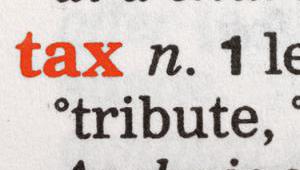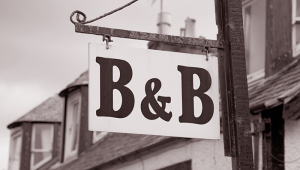The Scottish Fiscal Commission said outturn data from HMRC – the first to be published since the tax was devolved – showed that income tax receipts in 2016-17 were £10.7bn, compared to the commission’s estimate of £11.3bn in May.
The commission said it believed the shortfall was primarily driven by the number of additional and higher rate income taxpayers being lower than other data sources had suggested.
However, it said that last month’s upward revisions to GDP figures, which it described as “exceptionally large” by historic standards, would not significantly change the medium to long term view of the Scottish economy, as they had been “more than offset” by other revisions in earlier years.
“While the revised estimates of GDP indicate a growth rate above the commission’s most recent forecast, we believe the outlook for the economy remains largely unchanged, with trend growth in Scotland remaining subdued,” said commission chair Dame Susan Rice.
Data revisions were a natural part of measuring the economy and producing forecasts, she added.
“They help us to build a more accurate picture of what’s happening in the economy and we look forward to reflecting this new information in our models as we prepare our forecast to inform the Scottish budget for 2019-20,” she said.
The Fraser of Allander Institute said the scale of the divergence between the predicted and outturn income tax figures would provide “food for thought” for forecasters, but would have no immediate impact on the Scottish budget.
“The key driver of the Scottish budget in 2017/18 and beyond is the extent to which Scottish income tax revenues per capita grow faster or slower than the corresponding income tax revenues in the rest of the UK – not the size of the initial baseline,” it said.
A spokesman for the Scottish Government said it was to be expected that the forecast would differ from outturn data, which was why the Scottish budget was protected from any such change.
“Our income tax policy change for 2018-19 has raised additional revenues to help us reverse the impact of the UK Government’s austerity drive, protect our public services and support the Scottish economy,” he said.
“We have done this whilst ensuring that, for the majority of income tax payers, Scotland is the lowest taxed part of the UK this year.”











